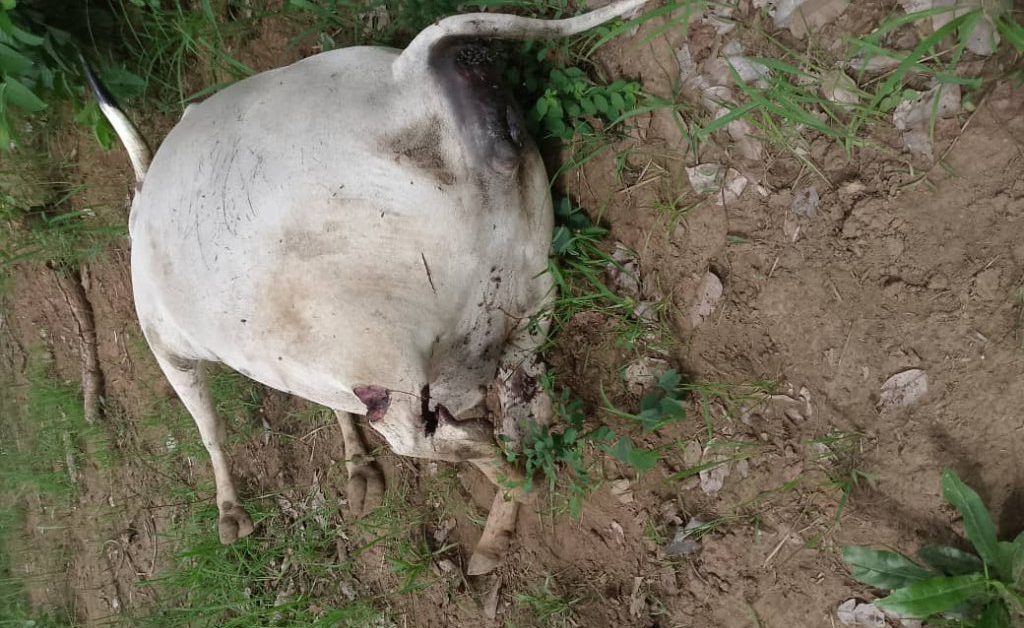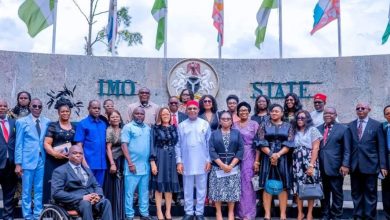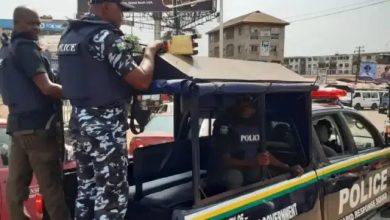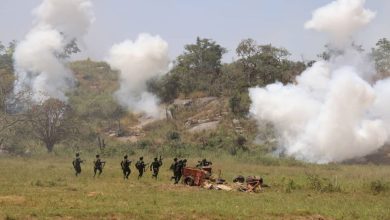Silent Retaliation: Fulani Communities Attacked Amid Rising Ethnic Tensions in Benue
Tensions rise in North Central Nigeria as deadly ethnic violence continues between Tiv and Fulani communities.
Over 20 Fulani reportedly killed in Benue amid growing fears of widespread retaliation.
The North Central region of Nigeria is once again in the grip of a worsening cycle of violence, as fresh attacks reveal a dangerous escalation in ethno-communal tensions that could further destabilize the already fragile peace in the area.

While recent attention has largely focused on the horrific mass killings in Tiv-dominated communities which reportedly claimed the lives of over 100 people emerging reports suggest that another wave of violence is unfolding with far less visibility. According to credible sources and community leaders, Fulani settlements that have remained largely non-violent are now being subjected to retaliatory attacks, sparking fears of a broader ethnic conflict.
Between June 21 and 22, a new spate of violence reportedly swept through southern parts of Makurdi in Benue State, where no fewer than 20 Fulani men were allegedly killed. In addition, over 200 cattle belonging to these communities were either shot dead or left severely injured. These attacks, suspected to have been carried out by armed militias from the Tiv ethnic group, appear to be acts of reprisal following previous atrocities blamed on suspected Fulani herders.
Survivors from the affected Fulani communities have recounted harrowing stories of sudden ambushes and violent raids. Many have now fled their homes, seeking safety in the nearby forests or crossing into neighboring states like Nasarawa and Plateau. Eyewitnesses say panic and fear are spreading among Fulani residents, many of whom had previously maintained peaceful relations with their Tiv neighbors.
Despite the scale of the attacks, there has been minimal response from government authorities or security agencies. This silence has raised serious concerns about the effectiveness of state institutions in preventing violence and protecting vulnerable communities, regardless of ethnicity. Local leaders and human rights observers warn that the failure to intervene swiftly may embolden more attacks and lead to further reprisals, deepening the ethno-communal divide.
The absence of immediate government action is also fueling tension and mistrust, as both Tiv and Fulani groups accuse one another of orchestrating unprovoked violence. Analysts caution that without a coordinated peace effort, including dialogue and reconciliation between communities, the region could plunge into a prolonged crisis.
As the situation continues to deteriorate, many are calling on both federal and state authorities to take urgent steps to de-escalate the violence, ensure justice for victims on all sides, and rebuild trust among the region’s diverse ethnic groups.



